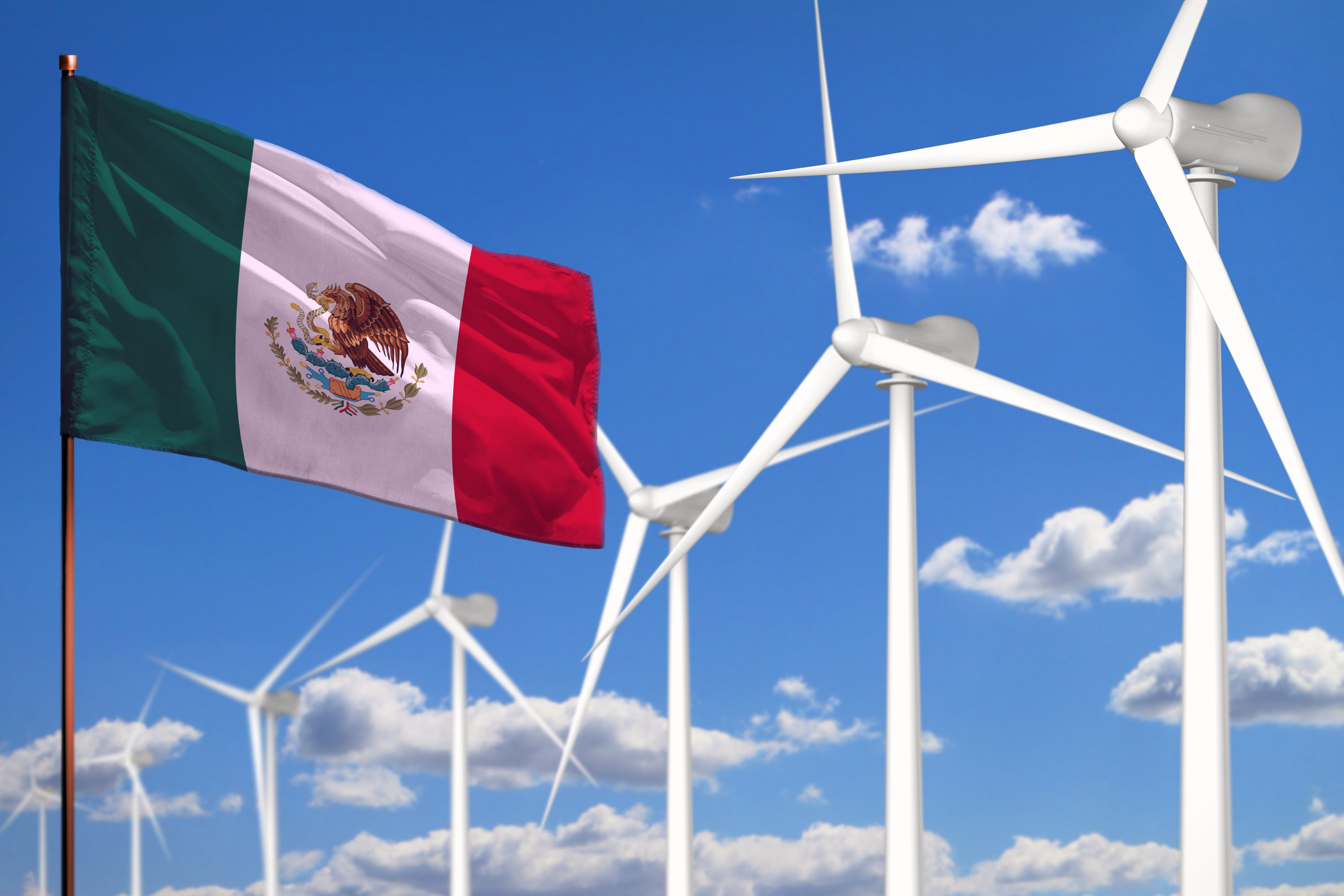- USMCA is supposed to improve on NAFTA when it comes to ESG criteria, but actions by the Mexican government are likely to curb renewable power and bolster pollution.
- The government’s moves are likely to halt investment in Mexico’s renewable sector and leave projects that are already underway in limbo.
- While the new pact might eventually improve labor and environmental standards, it’s not kept Mexico from moving against wind and solar power, while promoting fossil fuels.
The U.S.-Mexico-Canada Agreement raised environmental and labor standards, but their real-world impact has been undercut by moves by the Mexican government.
President Trump welcomed Mexican President Andrés Manuel López Obrador at the White House on Wednesday to celebrate the USMCA deal that took effect on July 1, replacing the North American Free Trade Agreement. Any environmental benefits of the new treaty could be undermined by the Mexican government’s actions that threaten to reverse the expansion of renewable energy while bolstering the nation’s oil and gas industry and its carbon emissions.
“The investment climate for renewable energy in Mexico is deteriorating rapidly because of decisions of energy regulators,” Ramón Fiestas, chair of the Latin American Committee of the Global Wind Energy Council, told Karma. “They have reversed moves that had been made by the previous government to liberalize the energy sector.”
In December 2013, Mexico’s Congress passed constitutional amendments that opened up the country’s hydrocarbon sector and electricity grid to private and foreign investors for the first time since the 1950s. These changes were followed by a surge of investment by both hydrocarbon and renewable energy companies. Since taking power in December 2018, López Obrador has criticized the energy reform and taken steps to reverse it.
“He’s attacking clean energy and wants to bring Mexico’s energy policy back to the ‘70s,” Nelson Balido, a trade consultant based in Texas, told Karma. “This will lead to a toxic climate for investment in Mexico. When they should be attracting new business they are driving it away.”
Mexico cited the COVID-19 pandemic when it issued an order that will curb renewable energy while boosting demand for electricity produced by fossil fuels. The changes will “ensure reliability” because demand is down and renewable energy is intermittent, raising the specter of interruptions, the government said. Critics say this was done to stop the growth of renewables and consolidate control of electricity in the state-owned Federal Electricity Commission (CFE).
The order will impact $6.4 million in investments in 28 solar and wind projects that are ready to go online, and 16 that are under construction. A judge has suspended the act for now. The Business Coordinating Council said that 578 lawsuits have been filed against the policy.
“The electricity sector was opened to private investment in 2013,” Fiestas said. “The current government has stopped the modernization of the electricity sector and attempted to let an ancient monopoly regain supremacy. It’s impossible to imagine investment in the renewable energy sector at this moment.”
The USMCA includes an environmental chapter that requires the three countries to maintain certain levels of environmental protection, including enforcing laws and promoting transparency. There are also provisions aimed at ending labor contracts enacted without worker consent in Mexico. A new labor law that would allow workers to freely organize and allow unions to gain full collective bargaining rights is being held up in court.
The effectiveness of the environmental and labor clauses in USMCA “depends on how much does the U.S. want to put teeth into them, because the U.S. is the most important member,” Balido said.






















